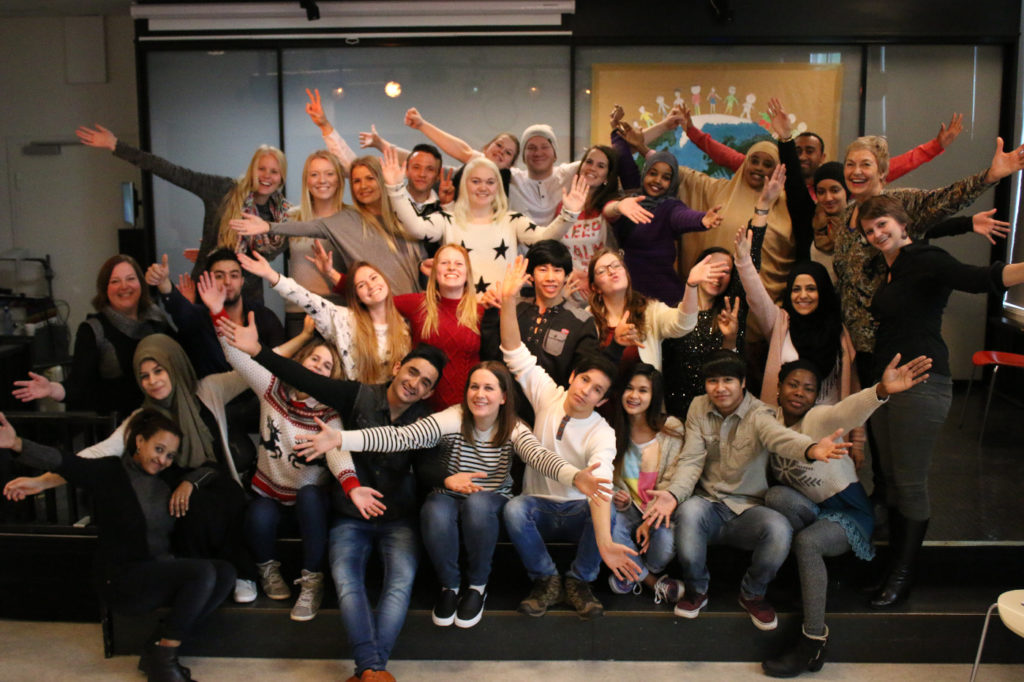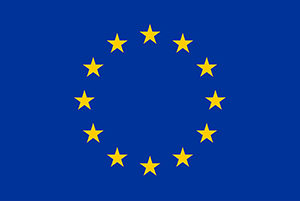
Universities, alongside being crucial academic and research assets, constitute significant ‘soft power’[i] sources for their host countries. The rationale between the higher education and soft power goes straightforward. As Lomer writes in her recent Higher Education article, a global generation of future policy-makers who are more sympathetic to your country’s system and more willing to behave in accordance with the interests of your country can be supplied by attracting the students/academics to your country and/or exposing them to your countries’ values and culture. In order to raise such a community at the international arena, the governments implement several policies to use universities effectively. The universities, as well, can contribute to these endeavors by introducing various initiatives on their own right. Here are five practical tips for universities to make it work.
- Create an attractive profile and gain reputation
- Promote your culture effectively
- Make use of internal assets like student clubs
- Facilitate the bureaucratic procedures
- Combine the efforts
Being an internationally mobile PhD researcher now, who is working on the role of universities and previously conducted his master’s research on soft power and foreign policy[ii], this blogpost constitutes my personal reflections with the aim of providing a blend of research interests and personal experiences. Therefore, what can universities that target internationalization do to achieve this goal?
- Attract students / researchers
The first thing to do is to attract the foreign students, researchers and academics to your institutions. Universities can invest in branding and marketing efforts, in addition to the profiling, to achieve international recognition. In this regard, having a slogan/motto indicating the vision of the university may help in attracting the targeted communities. Moreover, universities can aim at quality, research/education excellence to enhance their reputation and prestige. Lastly, universities can focus on and highlight their distinctive features to have more visibility in the highly competitive environment of international higher education systems.
- Provide a good cultural training, without dictation
The next step is setting the foundations. The provision of language classes and cultural trainings encompassing the traditions, customs, the way of life and the daily dealings can be a good initiative. With such programmes, the foreigners will start to identify themselves with your countries’ values and get to know the cultural ingredients more closely. As an additional practice, family stays/sleepovers during weekends, where the foreigners will gain hands-on experience with the local communities can be implemented.
- Use student clubs actively and encourage the internationals’ participation
University administrations can also make use of student clubs to organize intercultural events in a wide range of issues, from sports to cultural events, social gatherings etc. These activities can aim at illustrating the adherence of your university, and your country, to universal values, such as democracy, human rights, participation, multi-culturalism etc. with a fun element included. With these type of activities, you can also highlight the active lifestyle of your region in order to raise attraction in the eyes of internationals.
- Let them enjoy their stay, rather than dealing with bureaucratic issues
For the foreigners to have a smooth settlement and a pleasant stay, orientation programs where the incoming academics will be informed about the bureaucratic procedures, such as social security issues and residence permits, can be organized. These meetings can also be held with the representatives of related organizations as a “one-stop-shop” meeting, where all the formalities can be fulfilled during the event. With such an event, you will have the opportunity to show that your state’s organizations are functioning well and facilitating the welcoming of the foreigners.
- Joint efforts needed
Lastly and most importantly, there should be a good balance between the global, aiming at universal reach, and the local, reflecting the local traditions and attractiveness, in the approach and the implementation of the soft power practices. It should be kept in mind that the ultimate objective of these efforts is to ensure that international students, academics, and researchers leave with pleasant memories and become volunteer envoys in their respective countries when they return.
Win-win game for the universities and states
By implementing these suggestions, universities will be at a better position to gain from the visitors, who bring their unique expertise with them, through their contribution to the enrichment and cross-fertilization of ideas and knowledge. At the same time, they will help their states reach a valuable soft power asset through a worldwide network of human resources.
[i] Soft power was defined by Nye (2004) as the ability to get the outcomes one wants through attraction rather than coercion and payment, has been equated with attractiveness of the countries’ cultures, values and policies.
[ii] Alpaydin, U. A. R. (2010). Soft Power in Turkish Foreign Policy under the AKP Governments: 2002–2009. (Unpublished master’s thesis), Bilkent University, Ankara. http://repository.bilkent.edu.tr/handle/11693/15016
References
Nye, J. 2004. Soft Power: The Means to Success in World Politics. New York: Public Affairs.
Lomer, Sylvie. (2017). Soft Power as a Policy Rationale for International Education in the UK: A Critical Analysis. Higher Education: The International Journal of Higher Education Research, 74(4), 581-598.


